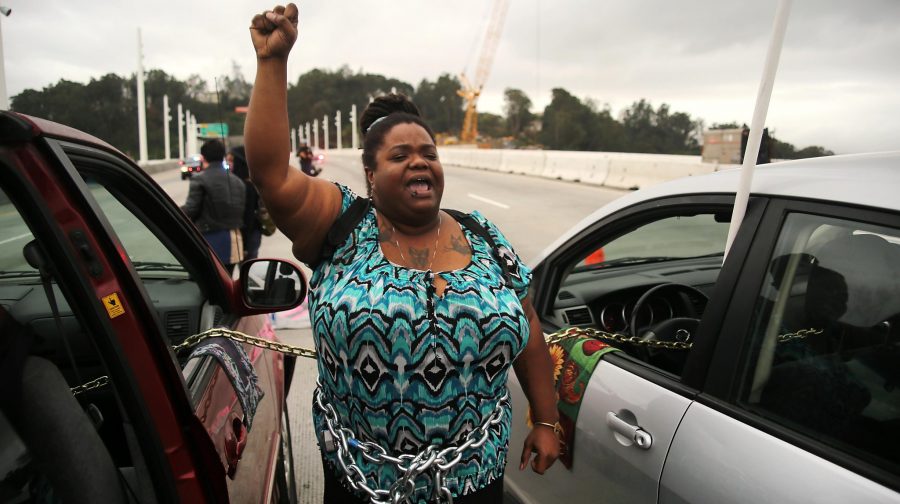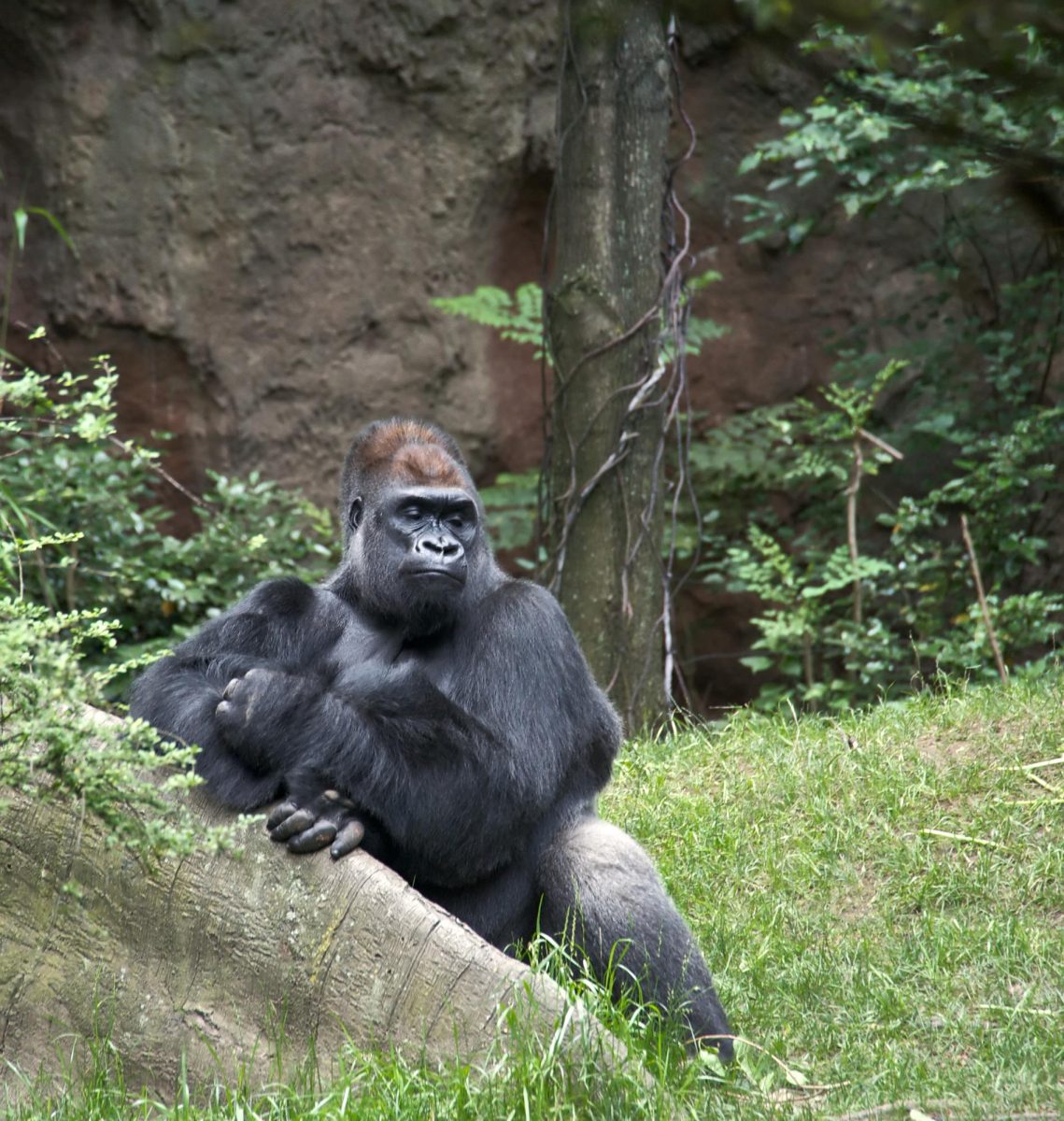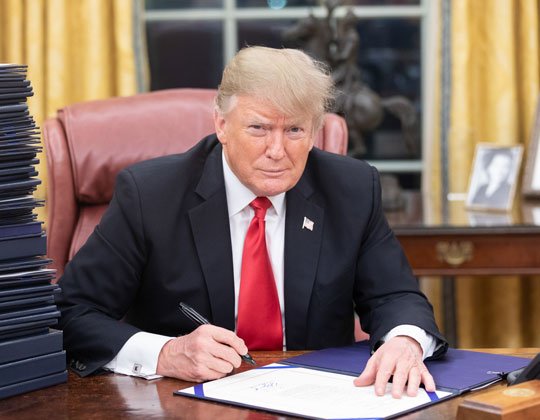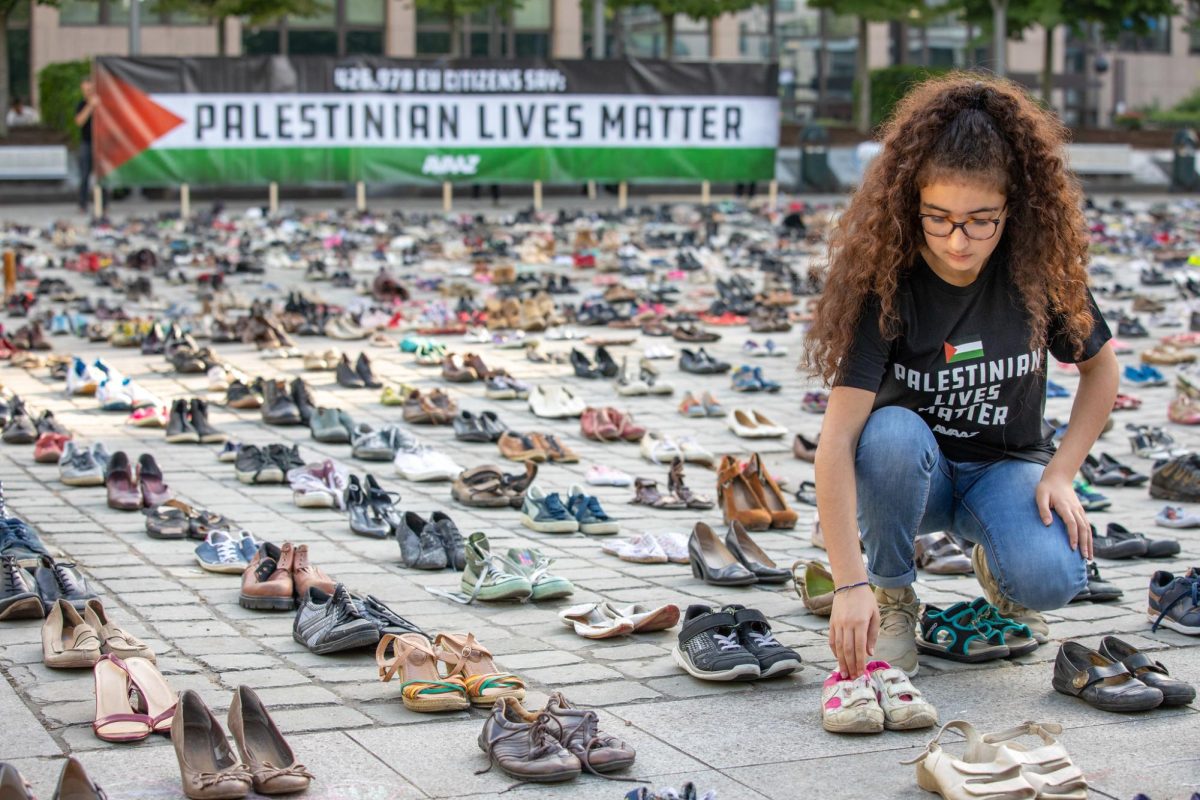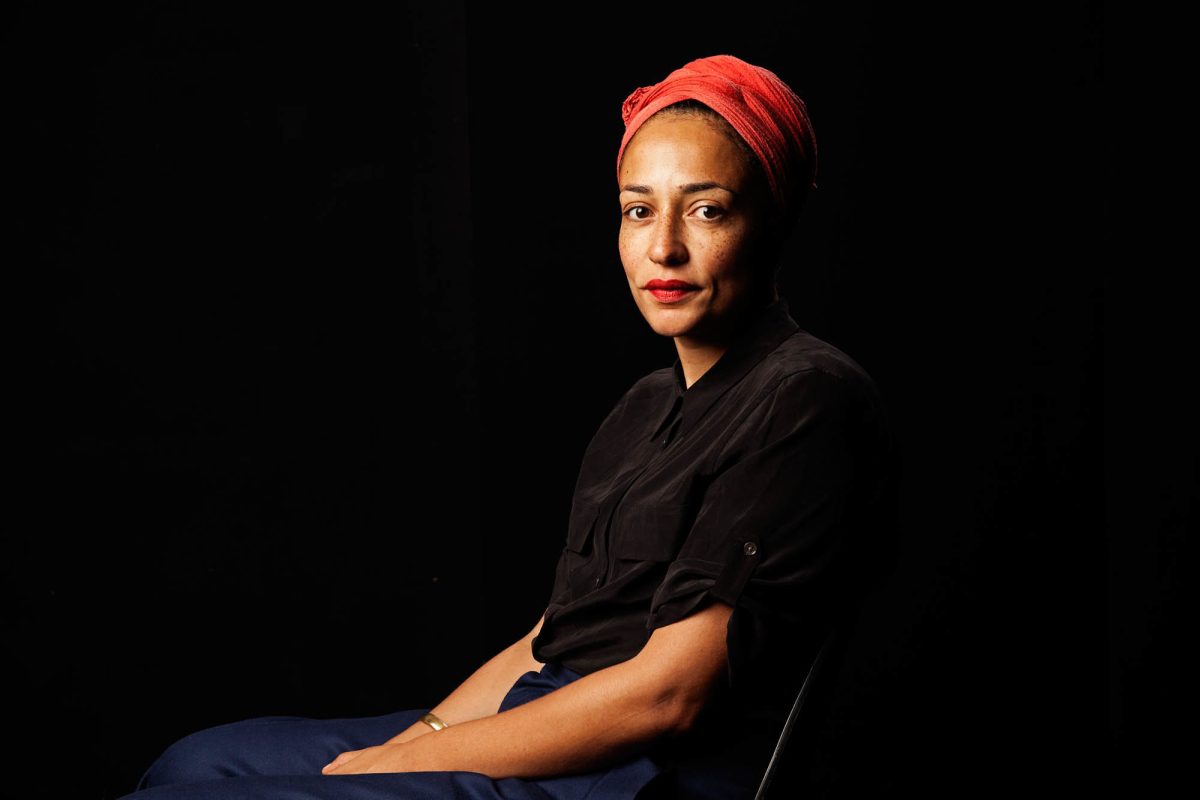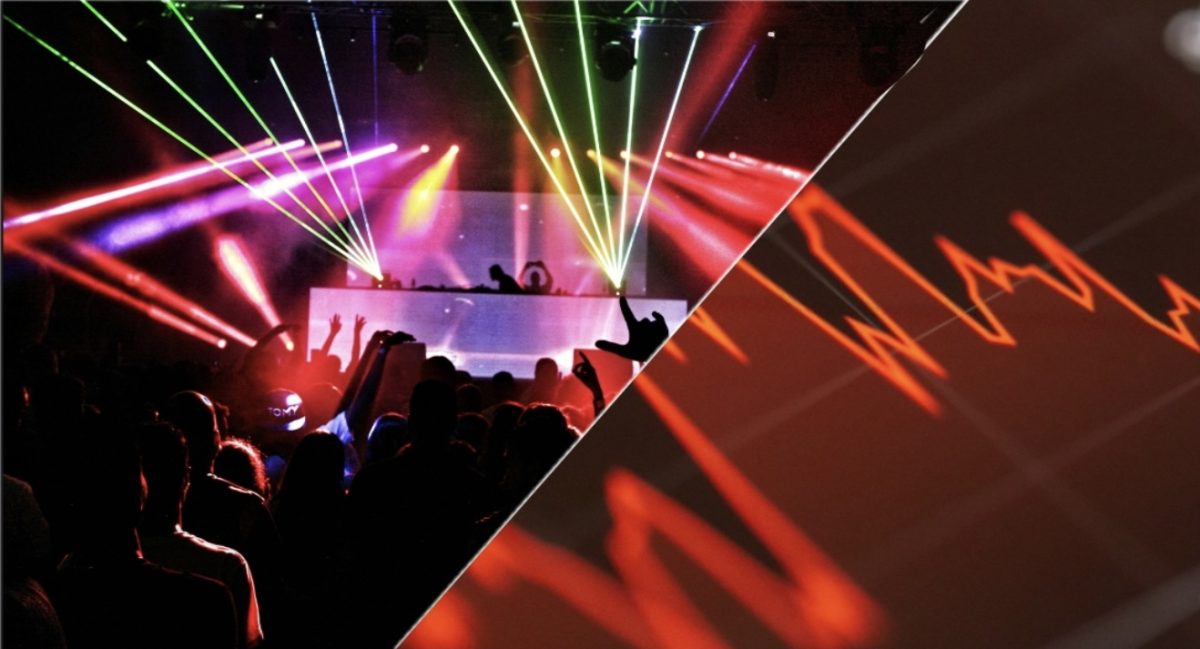No one can really tell when the fight for freedom and equality will be over. But that doesn’t stop people from fighting the noble fight. Unfortunately, so few people today realize that in order to pave a fresh future, we must utilize what our history has taught us. I grew up a native of Oakland, CA: I was taught about the civil rights movement every Black History Month in elementary and middle school, I did research on the Black Panther Party, I feared for my life after Oscar Grant was shot by the police on New Year’s Day seven years ago.
To me, Oakland, and the Bay Area as a whole, has always been the epicenter for 21st Century civil rights; from the anti-police brutality protests-turned-riots that ensued after Grant’s death, to the infamous Occupy Oakland movement in 2011. The Bay Area constantly makes the news for wanting change in many aspects of society: racial equality, LGBT rights, economic struggles, and anti-police brutality. Sometimes progress is made, and sometimes people continue to make sacrifices to make a dent of difference. Today, and for the longest time, modern civil rights movements have received a negative backlash from opposing groups and even media outlets. But that has never stopped the Bay Area from being the place to make noise.
Last month, on Martin Luther King Jr. Day, 25 protesters chained themselves to the Oakland-San Francisco Bay Bridge from the Oakland side. With the help of their vehicles, the protesters blocked traffic from entering San Francisco. Their message was simple: improve police-citizen relations, encourage cops to stop reacting with their guns and ending lives with trigger-ready fingers and an appointed badge. Their goal, according to the SF Gate: spend 96 minutes in their chains which “represent the 96 hours of direct action protests that took place in Oakland over the weekend.” Situations like the assault of a young woman on the subway by a cop, and the excessive gunning down of Mario Woods in San Francisco have fueled the fire that the people of the Bay use to oppose injustice.
Like any action, the protest had large consequences; specifically holding up traffic, both to and from the two cities. It came with no surprise that many, mostly the drivers caught in the traffic, saw the type of protest as unnecessary and unsubstantial. But those unsavory responses actually echo an opinion held by so many people in America who oppose the actions of protesters, like members of Black Lives Matter. But “Oaklanders” never shy away from showing their outrage when it comes to the alleged unfair treatment by the cops. Oscar Grant’s situation was certainly not the first recording of police brutality, but the video showing the young man shot while laying down with his hands behind his back started a ripple effect. Those ripples came in the form of Trayvon Martin, Sandra Bland, Michael Brown, Walter Scott…the list continuously expands with so many names, backgrounds and even races. While those 25 individuals’ actions did not result in the justice deserved for the given situations, their protest echoes the efforts of the men and women who marched, stood, sat, fell, bled, sang, and prayed together countless times in the early period of the Civil Rights Movement. It echoes that the movement is not over, that there still is so much to be done, and that the Bay Area will gladly keep the torch lit.
Then there was the Super Bowl; and the infamous, controversial elements that accentuated Beyoncé Knowles’ performance. Knowles caught media fire after dominating the entire Super Bowl weekend with a new song, music video, halftime performance, and political messages. While “Formation” can still be argued as being a pro-black, feminist, black feminist, or “Queen Bey-ist” anthem (or a murky combination of all four), Knowles’ live performance is what truly turned heads. What was initially met with praise and memes of a flawless dance recovery quickly turned into a frenzy of criticism from the conservative media, political representatives, police officers and the like. The reason: Knowles’ performance brought national recognition to the 50th anniversary of the Black Panthers rather than the 50th Super Bowl. Founded in Oakland in 1966, the Black Panther Party for Self-Defense worked to protect the African American, various minorities and low-income communities from police brutality and what they thought was an unfair, biased, and oppressive government.
My uncle stood alongside the Panthers, as well as other allies from different backgrounds who were also fighting the war for civil equality. The Black Panthers essentially became a pseudo government, with many chapters of Panthers forming all over the country for the same purpose. Their goal was to protect those who felt they needed to be protected from the law, the very people who vowed to protect us all. Yes, some members wore all black with sunglasses. Yes, they armed themselves with legally registered guns. And yes, they donned berets and afros in solidarity and in representation of their roots. But their cause was for justice, safety, and black pride; something that has been misconstrued by history books, television, movies, and the news. Due to their principles clashing with Dr. King’s non-violent, “there is power in peace” philosophy, their look, their voices, and the fact that they weren’t afraid to use a gun if needed made them the face of anti-civil rights. They became the poster children for black supremacy; it was a label they did not choose to have.
When it is looked through much wider lenses, it was almost fitting to have a performance like Beyoncé’s. A Super Bowl, in the Bay, on the anniversary of the Panthers’ formation, during Black History Month. To let it have gone unrecognized would be a form of disservice to those who fought, and those who fight now. Although the reputation of the Black Panthers has not been ratified, and Beyoncé’s media image has been dragged down with them, it is a price well paid for the revamping of Black History Month. It’s a message to those who label people like the Black Panthers as a terrorist group, and don’t do further research than what a textbook allows us to learn. That Super Bowl performance represents how the Bay Area show pride in their stubbornness; willing to hold up large-scale traffic and give props to a so-called civil terrorist group who worked to better a struggling community. Beyoncé showing support and allegiance to civil rights, from her music to her photos posted after the game, cost her the respect of people who look at only one side of every story: where anti-police brutality is seen as anti-police; and the world’s most powerful entertainer has no right to an opinion.
The new American goal is to turn the corner, and find a revolutionary world. It is a world where no one is looked or talked down to, where labels are not placed on each individual and are judged to have a specific value. Where the past is taught for the purpose of reflection, and not as a means of reparations. Unfortunately, that ideal world is nowhere close due to the realities we all face today. In contrast, there is a resistance to this type of future. There is this idea that if we put our fists down, to stop and smell the roses, we can see that the oppression is over. You can say my hometown instilled my ability to see reality, of how racism and intolerance rears its head in so many forms. But as much as the Bay recognizes the harsh realities, it is treading new ground; leading the social revolution.

